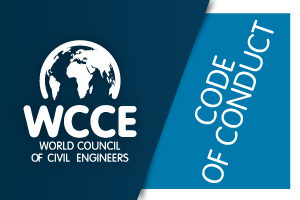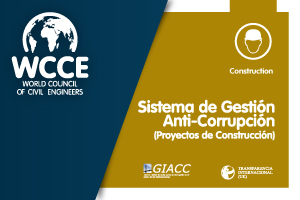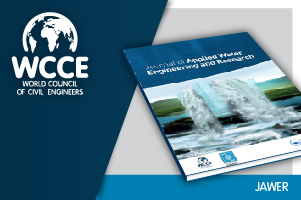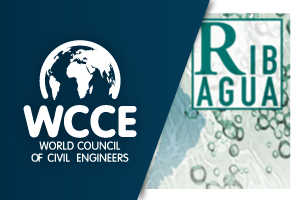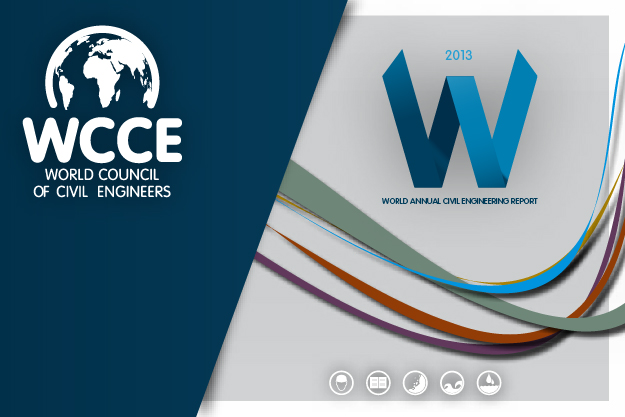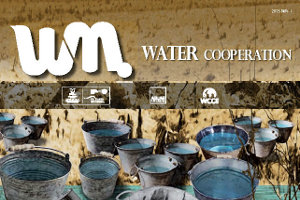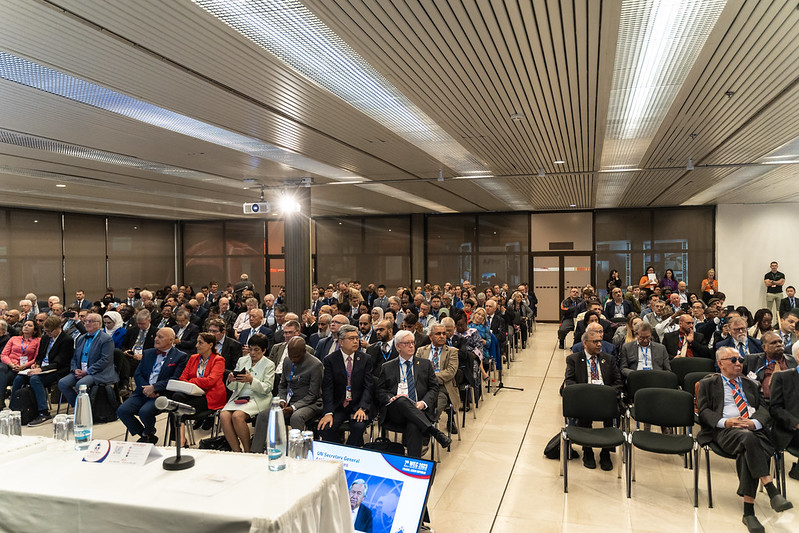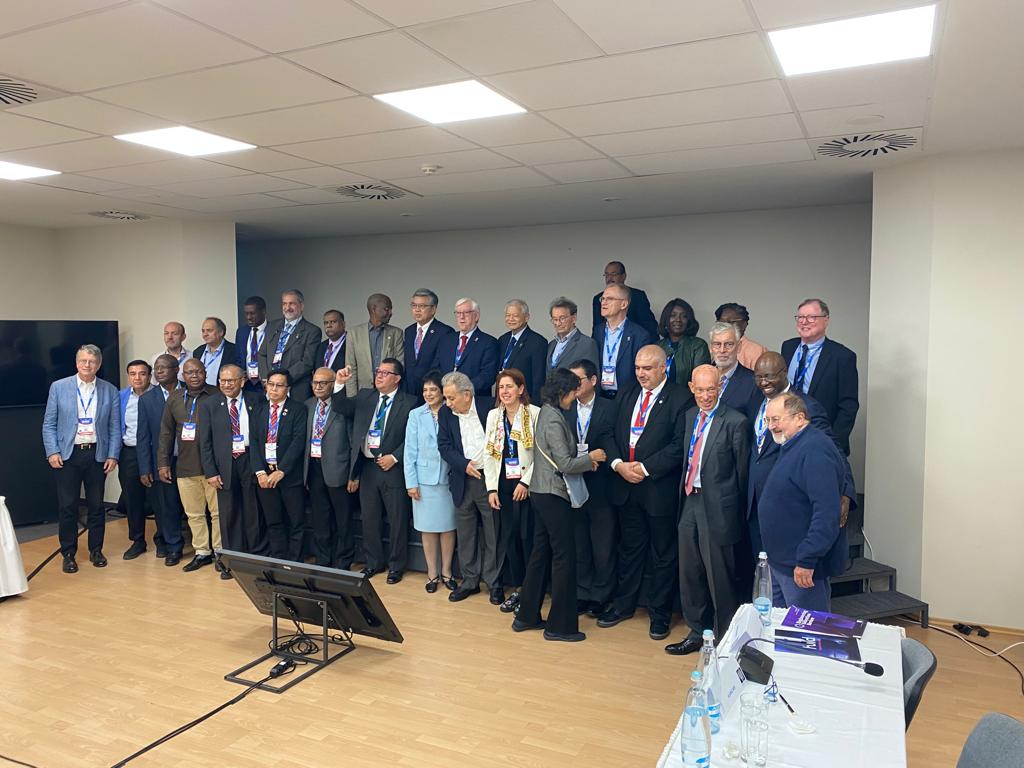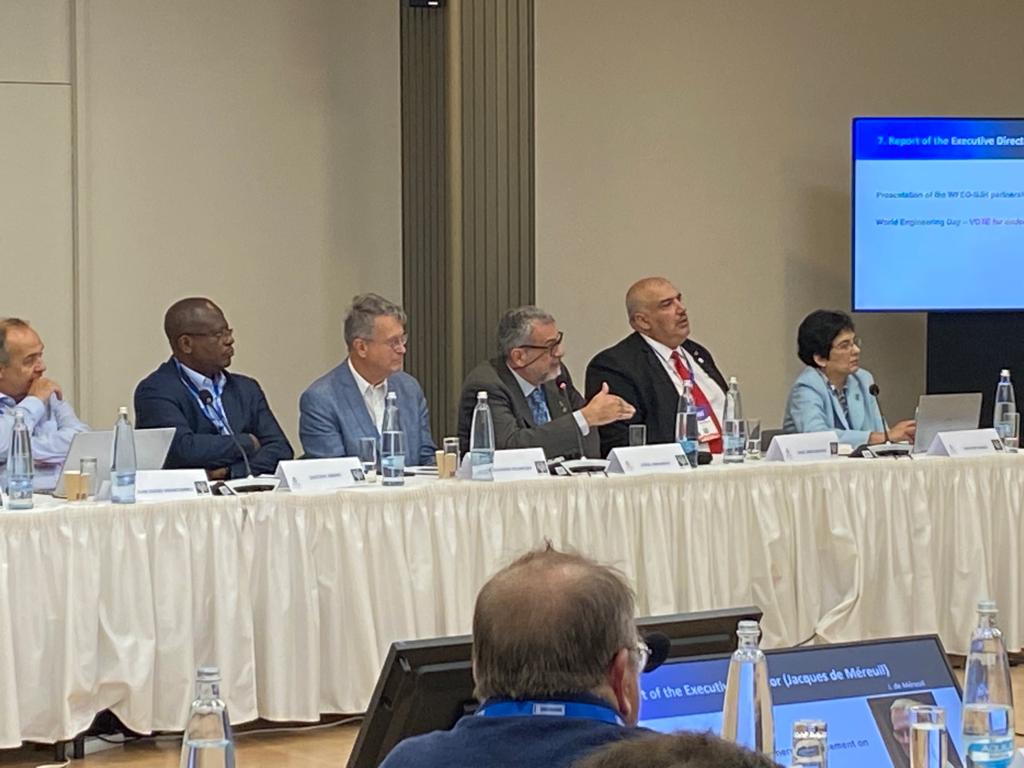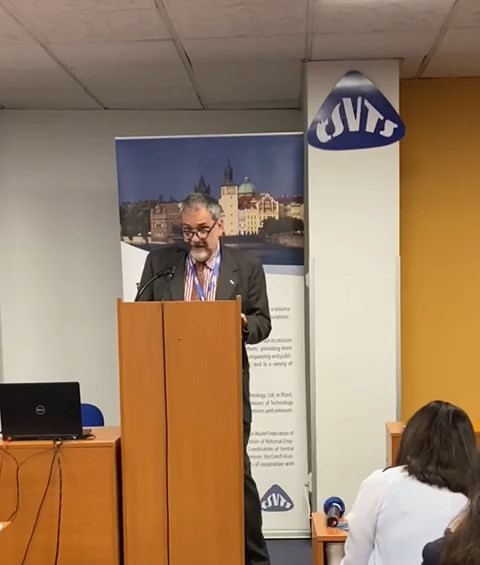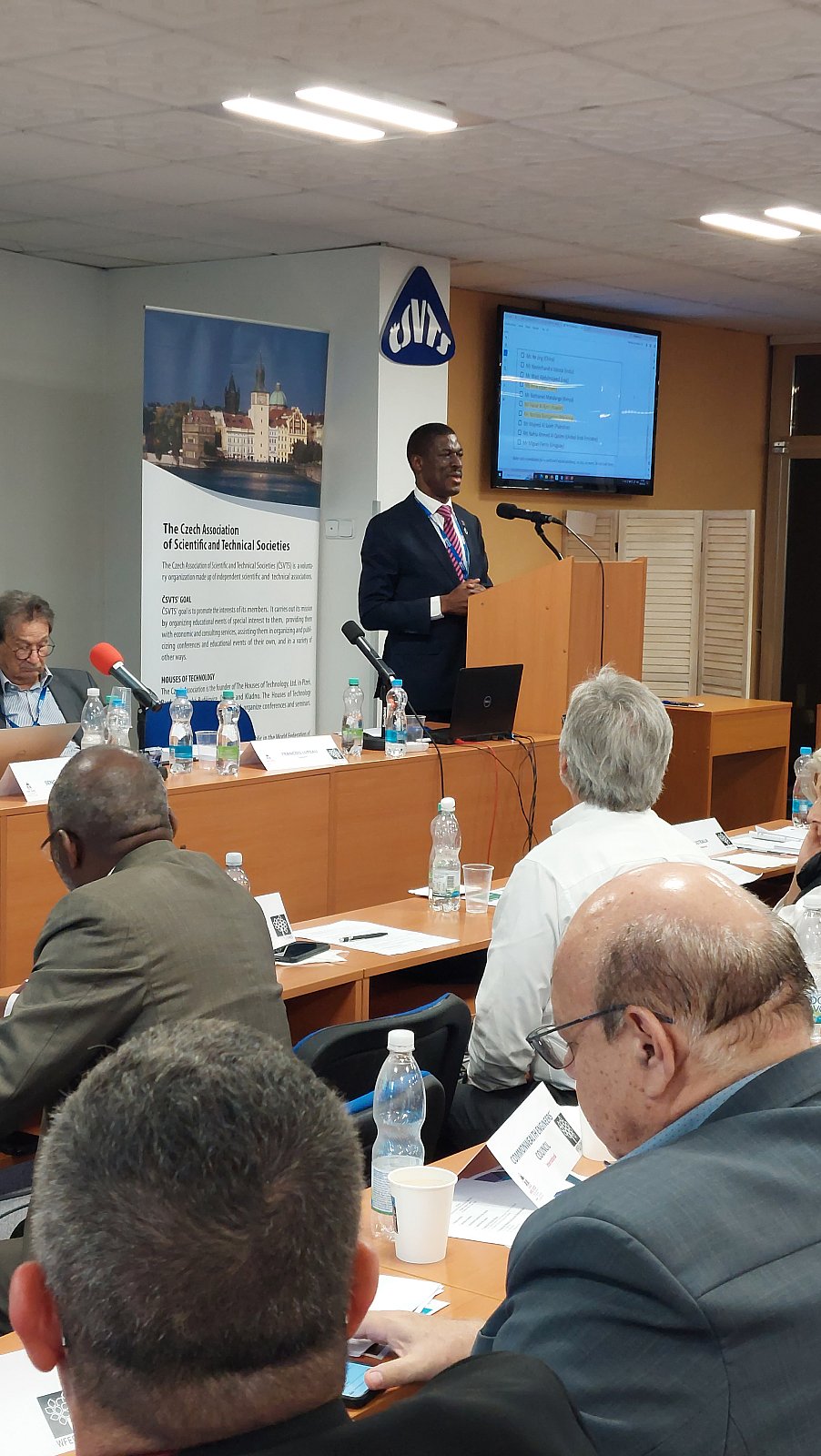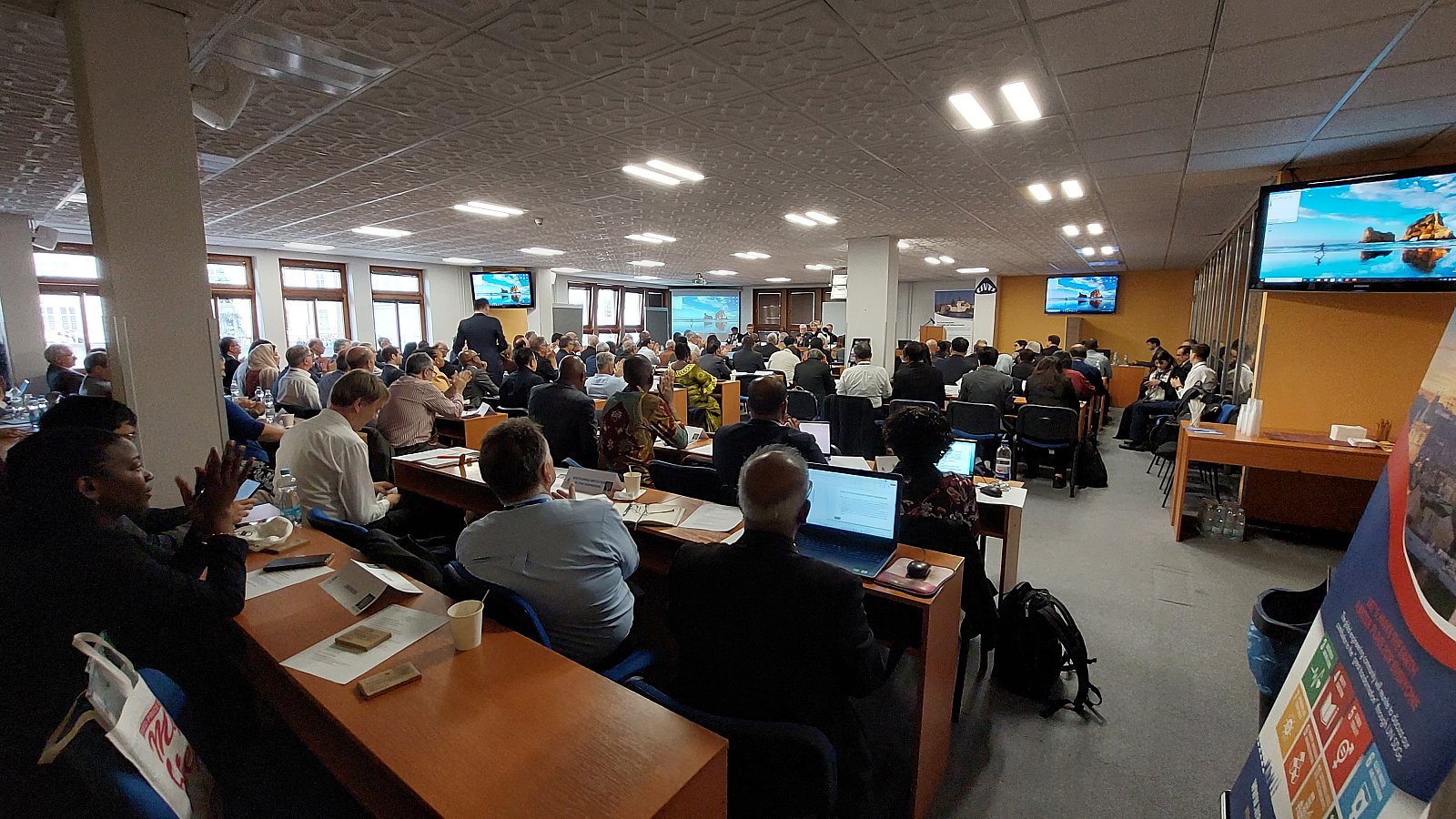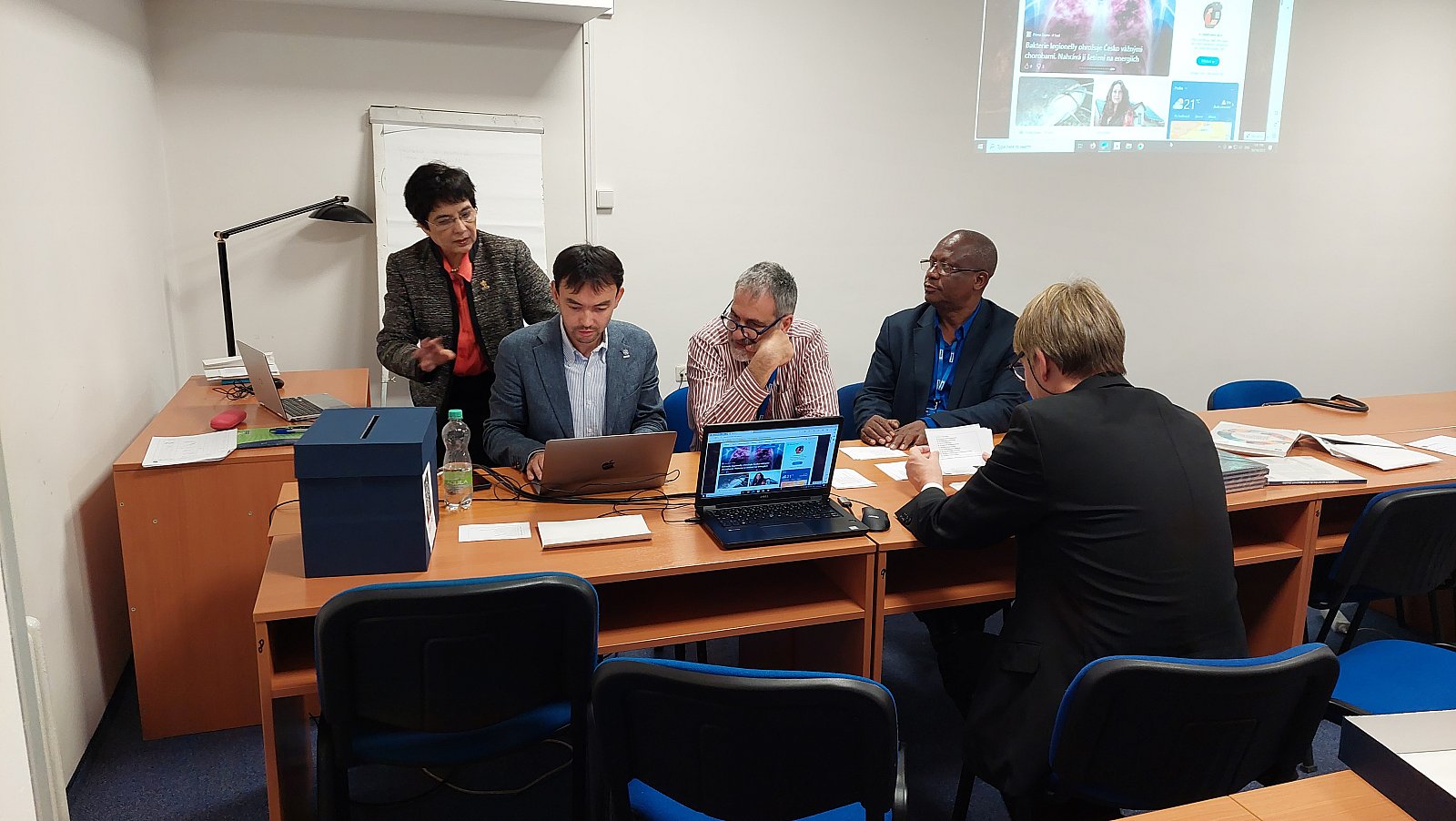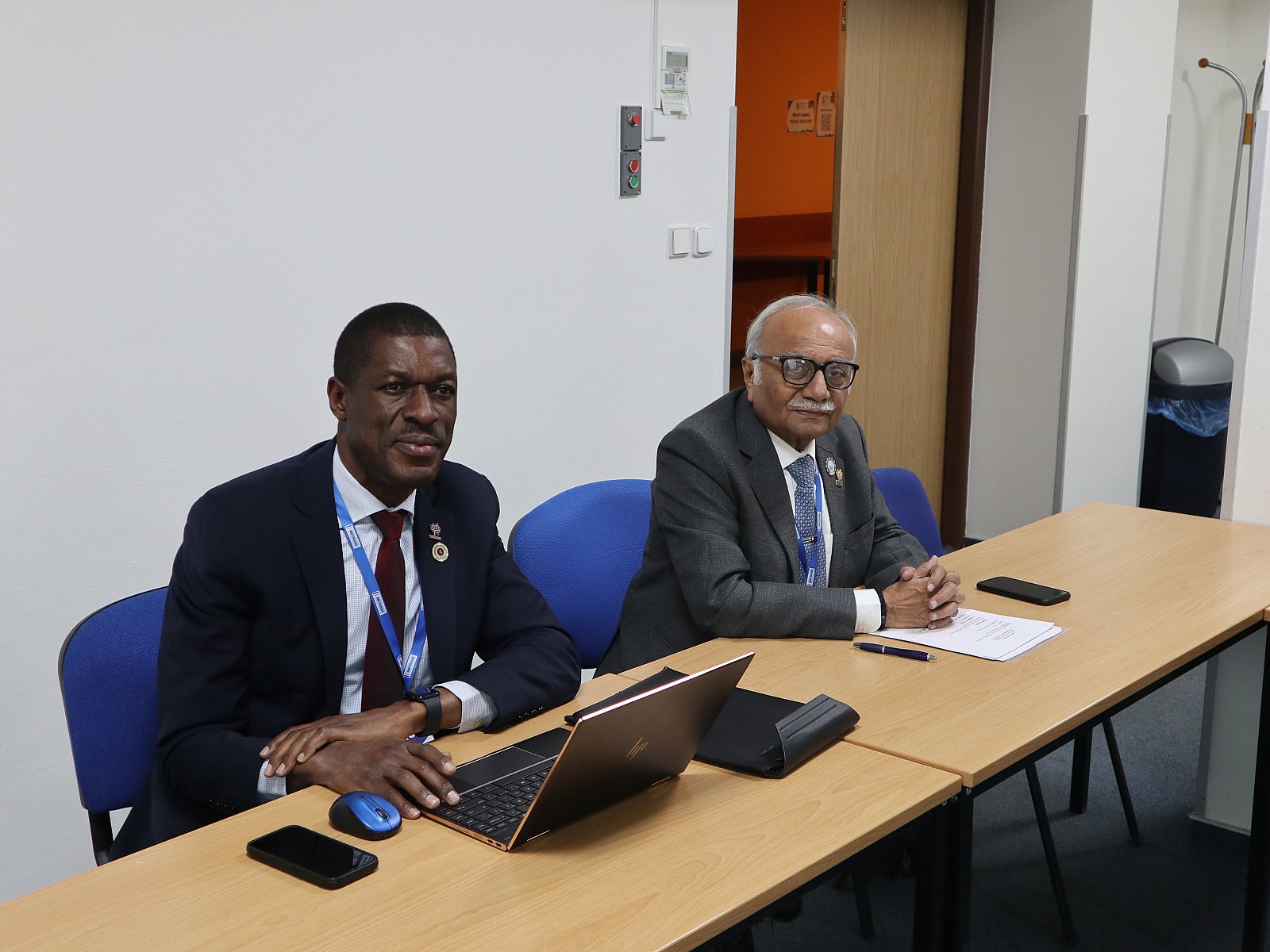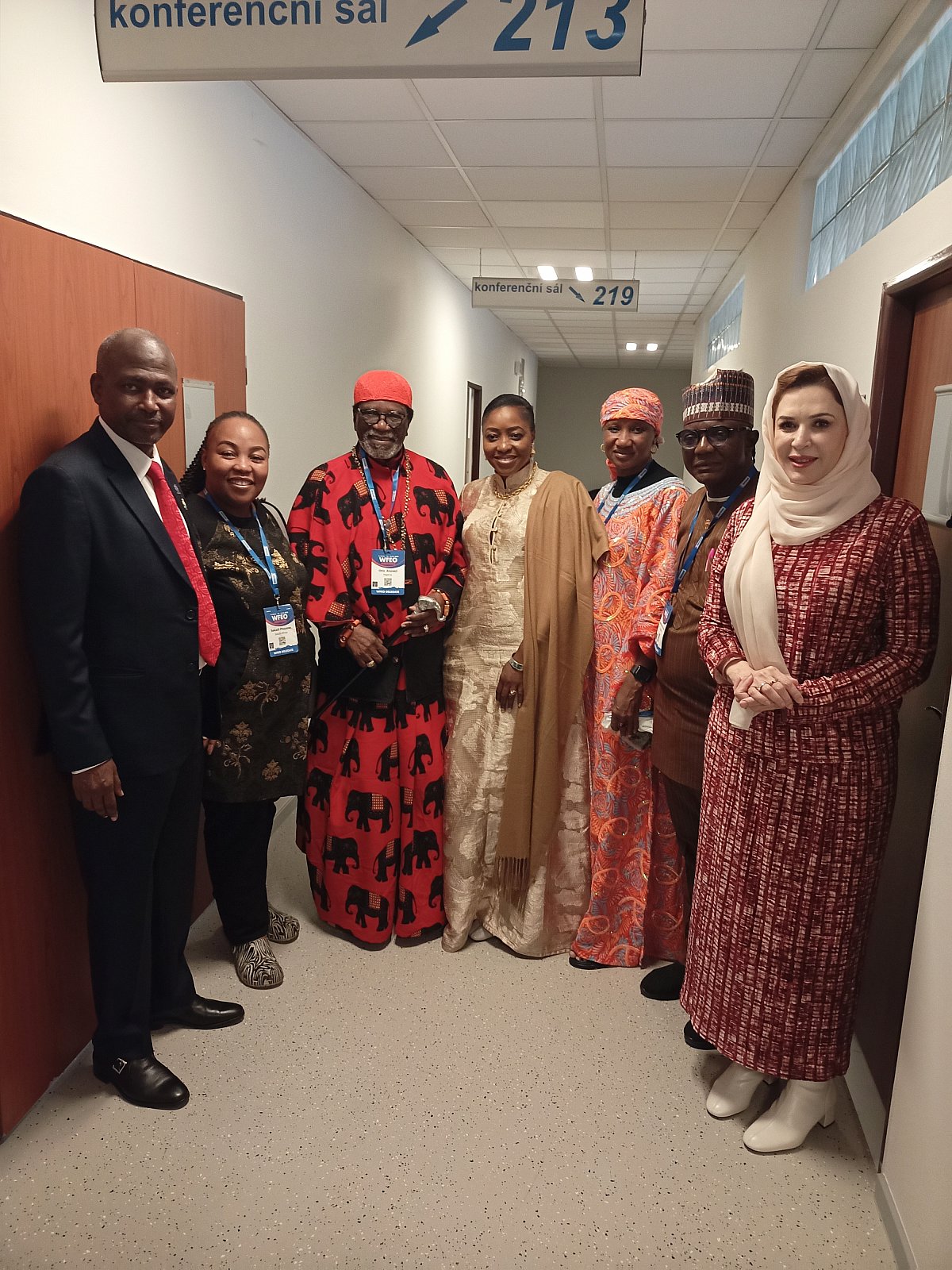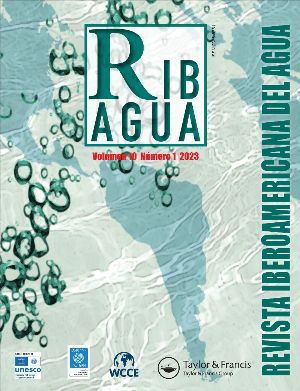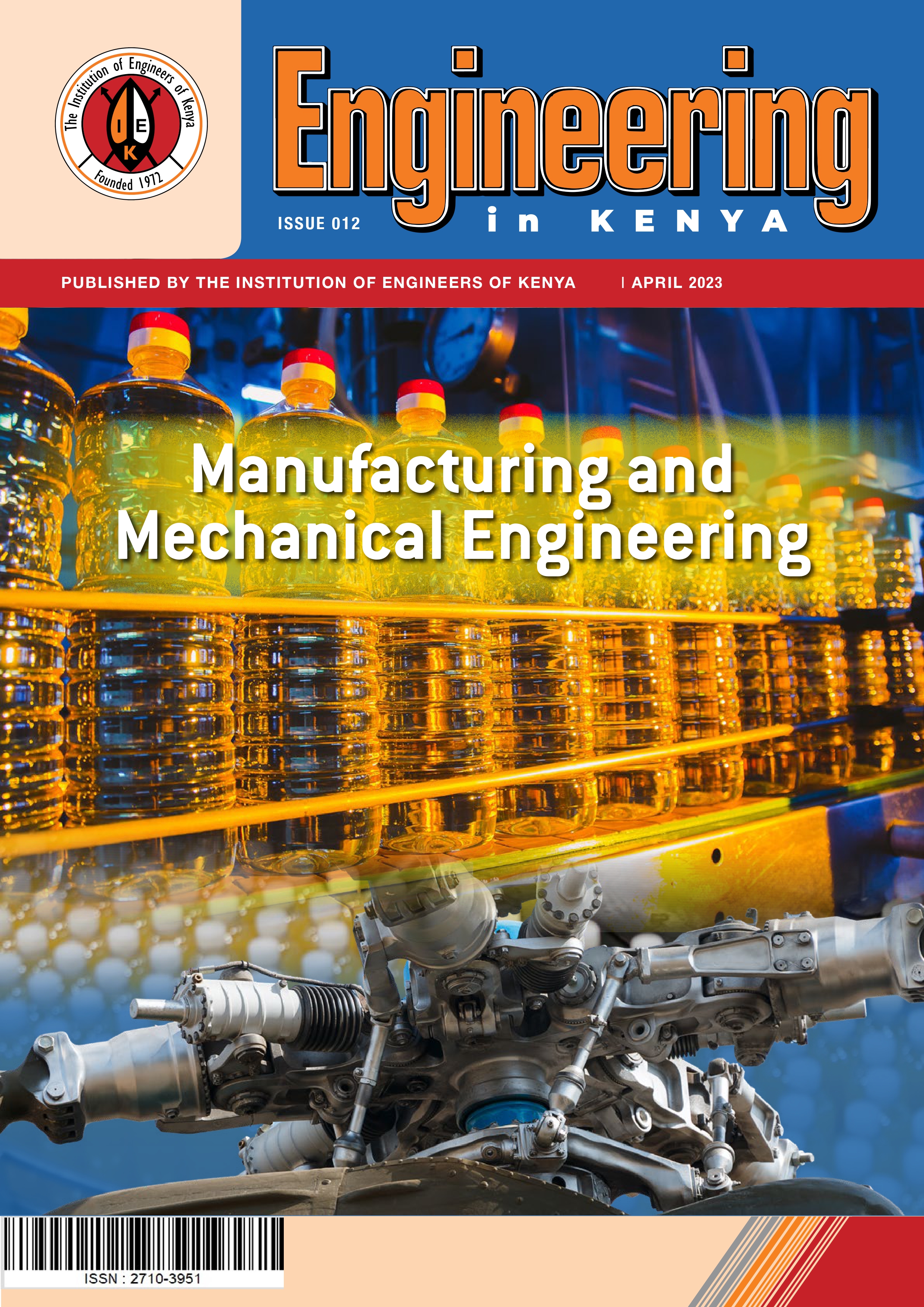 On December 9th, UN's Anticorruption Day, WCCE declares that its commitment to enhance human welfare also comprises stranding against corruption. Its several contributions such as several anticorruption workshops around the globe, contributions to several publications on ethics such as the future UNESCO's Engineering Report, and last but not least, together with its partnership with GIACC - Global International AntiCorruption Centre are call to action for all its member organizations, partners and civil engineering professionals. The importance of anti-corruption is explicitly highlighted in Goal 16, which requires States to “promote peaceful and inclusive societies for sustainable development, provide access to justice for all and build effective, accountable and inclusive institutions at all levels”.
On December 9th, UN's Anticorruption Day, WCCE declares that its commitment to enhance human welfare also comprises stranding against corruption. Its several contributions such as several anticorruption workshops around the globe, contributions to several publications on ethics such as the future UNESCO's Engineering Report, and last but not least, together with its partnership with GIACC - Global International AntiCorruption Centre are call to action for all its member organizations, partners and civil engineering professionals. The importance of anti-corruption is explicitly highlighted in Goal 16, which requires States to “promote peaceful and inclusive societies for sustainable development, provide access to justice for all and build effective, accountable and inclusive institutions at all levels”.
Corruption poses a significant threat to countries around the world; it undermines democratic institutions, contributes to governmental instability and erodes trust. Corruption threatens the economy by undermining fair competition and discouraging investment and trade. It disproportionately affects disadvantaged groups by preventing social inclusion, promoting inequality and inhibiting prosperity. Corruption affects everyone and can lead to:
- Weak institutions and injustice: Corruption attacks the foundation of democratic institutions by distorting the electoral processes, perverting the rule of law and creating inefficient governance systems.
- Insecurity: Corruption is a threat to safety and security structures. It can lead to dissatisfaction and distrust in leaders, public institutions and the rule of law, and finally, to spirals of anger and unrest. Corruption facilitates trafficking in drugs and people, and other forms of organized crime, making our world more unstable and insecure.
- Less prosperity: Corruption stifles economic growth, innovation and sustainable development. Where corruption is widespread, foreign direct investment is discouraged; businesses are reluctant to invest due to distorted competition, high cost of doing business, and significant legal and reputational risks.
- Less respect for rights: Corruption undermines democracy, governance and human rights by weakening state institutions that are the basis for fair and equitable societies with access to justice for all.
- Denial of basic services: Corruption diverts funds intended for essential services such as health care, education, clean water, sanitation and housing. It represents a major hindrance to a Government’s ability to meet the basic needs of its citizens.
- Less employment: Corruption reduces employment opportunities. When employment decisions are not made based on fairness, merit and equity, opportunities of citizens are denied.
- Environmental disasters: Corruption threatens planet earth’s finite resources. Some of the world’s daunting environmental challenges are caused by corruption.
Here are some examples of how you can stand and fight against corruption. [+]


